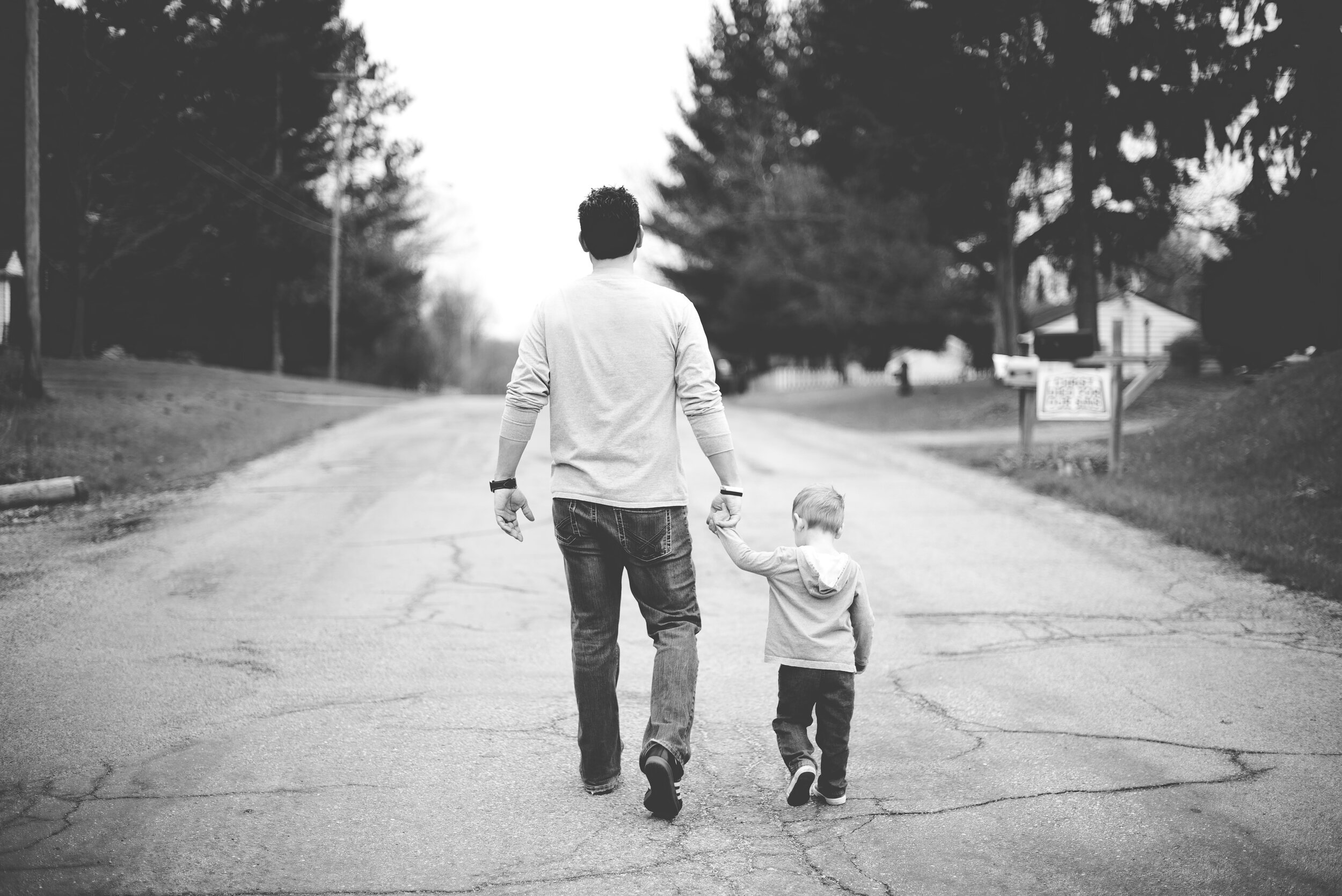Read excerpts from Psychology Today below, and click to see full articles!

3 Reasons We May Not Grieve a Big Loss
It is disorienting. You lose something, possibly something or somebody important, but the grief is not what you expect it to look like. It’s abbreviated. Truncated. Maybe you return to feeling “normal” relatively quickly. It feels like you should still be mourning. What’s going on?

Learning to Embrace Both / And
At our core, we are meaning-makers. We live through and then interpret the events of our lives, bringing order to our experiences. When we endure pain and unhappiness, we find ways to frame and understand it and sometimes even find value in it. That process is integral to moving through and living with the experiences.

How to Become Higher Maintenance (Yes, you read that right!)
At our core, we are meaning-makers. We live through and then interpret the events of our lives, bringing order to our experiences. When we endure pain and unhappiness, we find ways to frame and understand it and sometimes even find value in it. That process is integral to moving through and living with the experiences.

Never Say These 2 Words to Someone in Pain
At our core, we are meaning-makers. We live through and then interpret the events of our lives, bringing order to our experiences. When we endure pain and unhappiness, we find ways to frame and understand it and sometimes even find value in it. That process is integral to moving through and living with the experiences.

Are You Too Low-Maintenance?
We wear the term "low-maintenance" as a badge of honor, something to aspire to in our relationships. But there are deep misconceptions about what it means to be low-maintenance and whether we should aspire to it.

5 Ways Parents and Adult Children Can Improve Their Relationship
Relationships between parents and their grown kids can be incredibly meaningful when worked on intentionally. But too often, old habits of speaking and interacting stand in the way of parents and children forging and maintaining mutually fruitful relationships.

The Truth About Aha! Moments in Therapy
While aha! moments are part of the therapeutic process for many, they are far more nuanced than movies portray. They take many forms and impact clients in a wide range of ways, both short-term and long-term.

4 Clear Signs That You've Outgrown a Friendship
As children, we learn that friendships last forever. And some do. Some friendships grow and mature. Others atrophy, leaving one or both participants in the friendship feeling unfulfilled and frustrated. Drifting away from a friend can feel confusing and painful. But there are signs that you may have outgrown the relationship.

Grieving the End an Unhappy Marriage or Toxic Friendship
Sometimes, the people closest to us cause the most pain and lose the right to be part of our lives. In these cases, ending a relationship, be it an unhappy marriage, a one-sided friendship, or a toxic family relationship is the healthiest choice. But the decision to end a relationship and the process of extricating ourselves can bring up all kinds of difficult feelings.

The High Price of Parental Guilt Trips
A sitcom is not a sitcom without a nagging mother pressuring her adult children to call or visit home more often. The choreography is always the same, with the mother applying pressure for greater contact through passive aggression, outward hostility, or persistent complaints.

How to Defeat Your Inner Critic
This voice occurs with a harshness that we reserve only for ourselves. The voice becomes automatic, white noise that shapes our inner experience and robs us of the consideration, kindness, and encouragement we so easily give to others.

4 Reasons Why We Refuse to Feel a Feeling
When our biggest emotions come knocking — anger, sadness, grief, fear — it can be difficult to let them in. It may feel easier to ignore them, reject them, avoid them, or numb them than to face them, welcome them, and address them. But why is that? Why is it so difficult to accept difficult feelings? What happens to us when we come face to face with so much discomfort?

5 Times You Are Still Allowed to Grieve
It feels like grief comes with rules. There are rules about who can grieve which losses, how long grieving can take place, and what losses deserve to be grieved. These rules, silent but present, can make it harder to move through the already present pain and add feelings of guilt, confusion, and shame, and loneliness. These rules deserve to be dismantled.

Wish the Joneses Well
The Joneses are everywhere, living seamlessly successful, glamorous, meaningful lives. Their skin is clear, their physiques impeccable, their jobs both lucrative and deeply fulfilling.

Need Comfort From Family After a Death? Follow This Rule)
In a family hit with a crisis—a terminal illness, a death, or other significant loss—family members may feel overwhelmed not only with the gravity of the loss but also the responsibility to support each other in their pain. And while it is normal and healthy to turn to family members for support and comfort, often those individuals closest to the loss are put in the role of comforter to others.

How "I Should" and "By Now" Trap Us in Pain
No matter how many Pinterest quotes encourage us to follow our own path in our own time, the illusion of the perfect timeline remains. By 25, careers should be solidified and pointed in a focused direction with consistent, incremental growth.

Is Your Family Dysfunctional? Your Partner Sees It
Bringing a romantic partner home for the first time is a right of passage for many. In that act, a person decides to merge the family that created them with the family they are creating for themselves. But bringing together those two realities can be messy.

Why Don't My Kids Call Me More?!
How often should adult children call their parents? The question crosses racial, ethnic, and cultural boundaries and sits at the heart of many heated family arguments and hurt feelings.

Family Grief: Five Keys to Grieving Well Together
Grief shows up in families in different ways—including conflict, discomfort, and frustration. The various iterations of grief experienced by a family can lead to feelings of frustration at different styles of grieving, fears that they are not “doing grief” correctly, and feeling overwhelmed at the sheer amount of emotional need.

Don't Shoot the Messenger? No, Don't Be the Messenger
Nobody revels in the prospect of having difficult conversations. Confronting a friend or family member about a rude comment feels deeply uncomfortable. Disagreements with an ex-spouse can feel excruciating.

